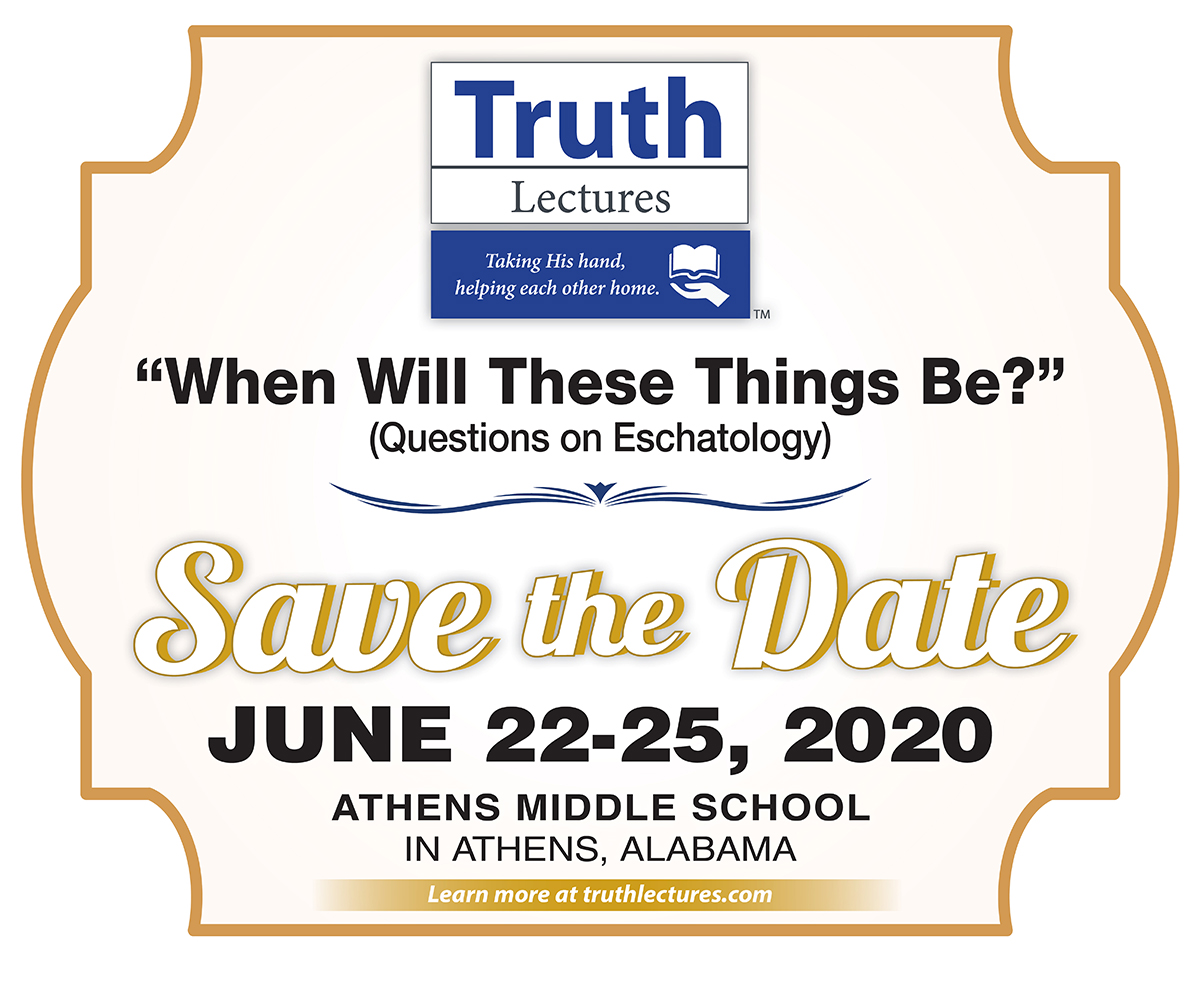

by Matthew Bassford
Synopsis: From a biblical perspective, man is granted dominion over nature but must exercise proper stewardship. In contrast, radical environmentalism dethrones God and man while deifying nature.
In 2019, a teenage activist named Greta Thunberg burst onto the world political scene. Like a sandwich-board-wearing prophet of catastrophe, she predicted disaster if the people of the world did not repent—in this case, of the sin of abusing the environment. In a speech at the 2019 U.N. Climate Action Summit, she warned, “People are dying. Entire ecosystems are collapsing. We are in the beginning of a mass extinction.”
Though shrill, Thunberg expresses the fears of millions. A steady drumbeat of scientific studies over the past several decades has foretold a dramatic change in the earth’s climate as a result of the burning of fossil fuels. Proponents of this view foresee apocalyptic consequences: coastal cities flooding, continents being scourged by superstorms and drought, and possibly even the end of the human race.
As others have observed, these premonitions of doom have distinctly religious and even biblical overtones. Judgment is coming! Unless we repent, we will all surely perish! This is even more ironic because most diehard environmentalists are materialists. They believe in sin, but they don’t believe in God. In His place, they have turned to a reverence for the planet and the environment. This fragile jewel’s fate is in our hands, and unless we act soon, it will be everlastingly too late!
Though this appeal is compelling to many, it has three serious problems. First, it elevates the situation on earth right now to privileged status. If the climate changes, if species die, it’s an unthinkable tragedy.
However, according to scientists’ and materialists’ own convictions, this is nothing more than planetary business as usual. They believe that the history of the earth is replete with dramatic climate changes and mass extinctions. If the spotted owl and the snail darter go the way of the dinosaur, what makes that particularly tragic? Given time, something else will evolve to take their place (or so we are told).
Second, this way of thinking elevates humankind to an illogically privileged position. Its adherents set up a dichotomy between nature on the one hand (beautiful, delicate, pristine) and man on the other hand (corrupting, befouling, destroying). They think we’re something different.
Again, though, this is not something that their philosophy allows. They affirm that we are animals. We are part of nature. We evolved up from the primordial slime like the bears and the wombats, and in our essence, we are the same as they.
If people are part of nature, their works are part of nature also. A bulldozer is just as much an instrument of Darwinian triumph as more powerful legs, or more efficient lungs are. Survival of the fittest, baby! Why does the wolf have a moral obligation not to prey upon the sheep?
Third, it presumes that humankind can predict the future and is in control of its own destiny. The materialist conception of the universe leaves no room for any powers greater than us. We must act to protect the planet because both our salvation and our uttermost destruction lie in our own hands.
This, too, is silly. Even the godless must admit that the human race isn’t that wise or that powerful. As anyone who pays attention to weather forecasts knows, we can’t predict, with more than coin-flip accuracy, whether it’s going to rain next Tuesday. Yet, these folks are dead certain about what the climate is going to be like 50 years from now.
One of the great internal proofs of the inspiration of Scripture is biblical prophets’ ability to foretell the future accurately. Outside of the Bible, the record of fortune-tellers is demonstrably and uniformly lousy. Thunberg et al. want us to believe that “Things Are Different” when it comes to climate change. I’m guessing that it’s not.
Additionally, even if people expend every effort to turn the climate clock back, there are no guarantees of success. If the Yellowstone supervolcano erupts, or a sufficiently large asteroid comes crashing into the planet, it doesn’t matter whether various nations hit their emissions-reduction targets or not. We’re all doomed anyway.
An appropriately biblical view of the relationship between man, God, and His creation addresses all these problems. First, we have reason to understand ourselves as different from all other living creatures. God did not breathe His Spirit into the nostrils of the bears and wombats. As Genesis 2:7 reports, that dignity is unique to man.
We stand apart from the rest of the physical world. Indeed, we stand above it because God has put us above it. According to Psalm 8:6, God has given us dominion over His handiwork. When we impose order on the planet, it is because we have the right to do so.
As with all of God’s other grants of authority, we should exercise this one with restraint and wisdom. It is not godly for us to wantonly destroy and despoil the beauty that He has made. If herds must be slaughtered and forests must be felled so that humanity may be fed and housed, so be it. We are worth more than many sparrows, after all. However, when we act from greed rather than need, the ugliness we create only mirrors the ugliness already existing in our hearts. A good Christian is a good steward of the creation.
Indeed, there is great spiritual value in leaving portions of that creation untouched and unspoiled. My family and I enjoy traveling around the state and the country to visit various parks, and we all feel that the majesty of nature brings us closer to God.
There is a sublimity to a mighty waterfall or a grove of old-growth redwoods or the shattered ruins of a volcano that cannot be captured by words or photographs or videos. In their presence, we are reminded that we are, indeed, very small. Our hearts are provoked to cry out, “What is man, that You are mindful of Him?” Without these reminders, we are prone to forget.
Most of all, though, the eco-eschatologists err in forgetting precisely this; we are not great and in control. God is. Though we do not know the day nor the hour, God has promised us that He, and no other, will seal the fate of this present creation. The heavens and the earth are reserved for His fire, and until that day comes, no other force in the universe can destroy them.
In this, we can find assurance. Though I regard the environmentalist narrative with considerable skepticism, I do believe that we can harm ourselves and the planet significantly through foolishness and evil. However, we should not think that we can extinguish life that God does not want to be extinguished, and especially not that we can destroy ourselves. We are sustained by His will, and as long as the earth continues, so will we.
Mankind was created to desire and search for meaning. The drive to matter exists in each one of us, and it obviously animates Thunberg and her ilk. We all want to imagine that we are the heroes of our own stories, that our actions will spell the difference between triumph and disaster.
In reality, though, we are not and cannot be the great Mover of creation and fate. God is, and when we behave as though the future depends on us, we arrogate His role to ourselves. If we want to find meaning, then we can’t do so by preserving the planet from harm. Instead, we find it by devoting the short season that we spend on this planet to Him.
Author Bio: Matthew has worked with the Jackson Heights church in Columbia, TN for two years. He and his wife, Lauren, have two children. The church website is thebibleway.org. His Bible study website is hisexcellentword.blogspot.com. He can be reached at mandlbassford@gmail.com.

